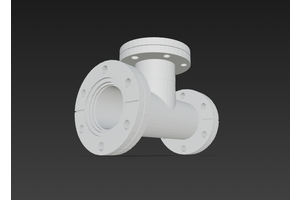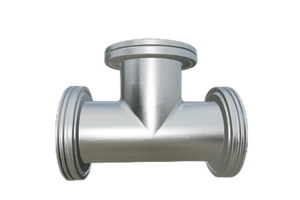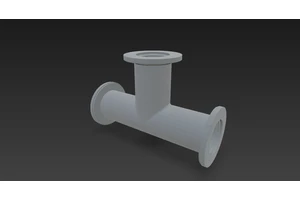Future Potential Applications of Vacuum Technology
Vacuum technology has long been a cornerstone of industries such as semiconductor manufacturing, aerospace, and scientific research. As global industries demand cleaner, more precise, and more sustainable processes, the scope of future applications of vacuum technology continues to expand. Looking ahead, several fields are expected to benefit from advanced vacuum systems.
1. Next-Generation Semiconductor Manufacturing
One of the most important future applications of vacuum technology lies in semiconductor manufacturing. With the move toward smaller nanometer nodes and advanced packaging, processes like extreme ultraviolet (EUV) lithography and atomic layer deposition (ALD) require vacuum technology in semiconductors to maintain ultra-clean environments. This ensures higher yields, reduced contamination, and reliable chip performance.
2. Space Exploration and Aerospace Engineering
The role of vacuum systems in aerospace is becoming increasingly important. As human space exploration grows, vacuum chambers are needed to simulate deep space conditions, test spacecraft durability, and develop propulsion systems. These applications highlight how vacuum technology supports both safety and innovation in aerospace engineering.
3. Clean Energy and Sustainability
Another promising area is vacuum technology for clean energy. From producing high-efficiency solar panels to improving hydrogen storage systems and next-generation batteries, vacuum systems enable processes that support global sustainability goals. Energy-efficient vacuum pumps are also helping industries reduce carbon emissions and cut operational costs.
4. Quantum Computing and Advanced Electronics
Vacuum technology is crucial for quantum computing, where qubits must be protected from environmental interference. Controlled vacuum environments ensure stability and scalability, paving the way for the future of high-performance electronics and computing.
5. Healthcare and Biotechnology
The role of vacuum technology in healthcare is expanding as well. Advanced sterilization methods, pharmaceutical packaging, and medical device manufacturing all depend on vacuum processes. Biotechnology research benefits from vacuum-assisted protein analysis, electron microscopy, and controlled environments for tissue engineering.
6. Emerging Industrial Applications
Beyond established industries, vacuum systems are finding new uses in food preservation, nanotechnology, and 3D printing. For example, vacuum freeze-drying is widely used in food and pharmaceuticals, while vacuum-controlled additive manufacturing ensures higher material purity and strength.
Conclusion
The future applications of vacuum technology will influence a wide range of industries, from semiconductors and aerospace to clean energy and healthcare. As demands for precision, reliability, and sustainability increase, vacuum systems will not only support industrial growth but also drive innovation in science and technology.






